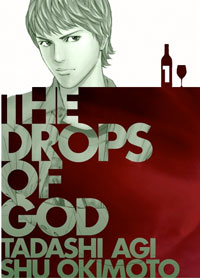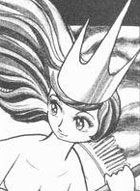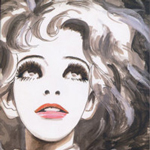 By Kory Cerjak
By Kory Cerjak
Title: The Drops of God
Author: Tadashi Agi
Art: Shu Okimoto
Publisher: Vertical
It’s often the simple things in life that spurn a person. A single human life can mean so much to one person and sometimes we can only get that view in retrospect, unfortunately. Agi and Okimoto’s Drops of God is trying to remind us of those little things, and those singular lives, that can change our own by so much.
Shizuku Kanzaki is a man who was put through taste and smell training by his wine connoisseur father, Yutaka, since he was young. As a result, Shizuku kind of spurned wine until his father’s death at the beginning of the first volume. Shizuku works at a Continue reading “Drops of God” to be savored

 Once again, we’re back with the God of Manga, this time with his 1976 manga published in Big Comic by Shogakukan and it’s called MW. Also, does anyone else think Garai looks like Duke Togo of Golgo 13 fame?
Once again, we’re back with the God of Manga, this time with his 1976 manga published in Big Comic by Shogakukan and it’s called MW. Also, does anyone else think Garai looks like Duke Togo of Golgo 13 fame?
